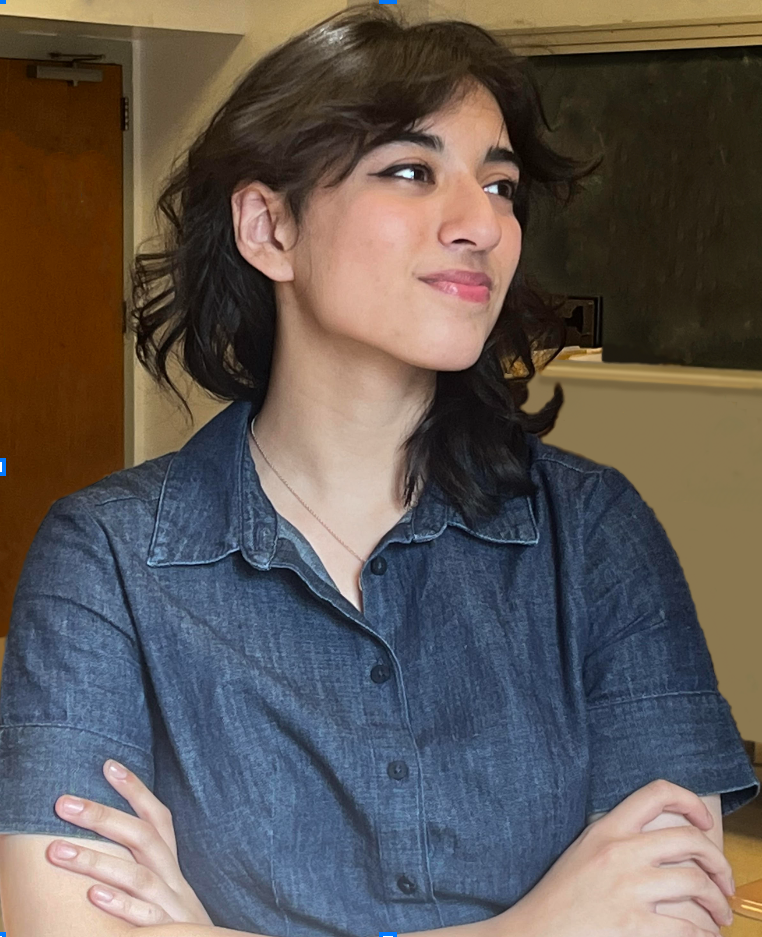
✨ Hi! Welcome to my writing space and thank you for being here.
I'm Eshaal, an 18-year-old based in NYC who's especially interested in medicine, society, and communication/interdisciplinary work. This is primarily where my ideas lie. I'd love to hear your thoughts as well, so feel free to message me using the form on the home page or my linked socials!
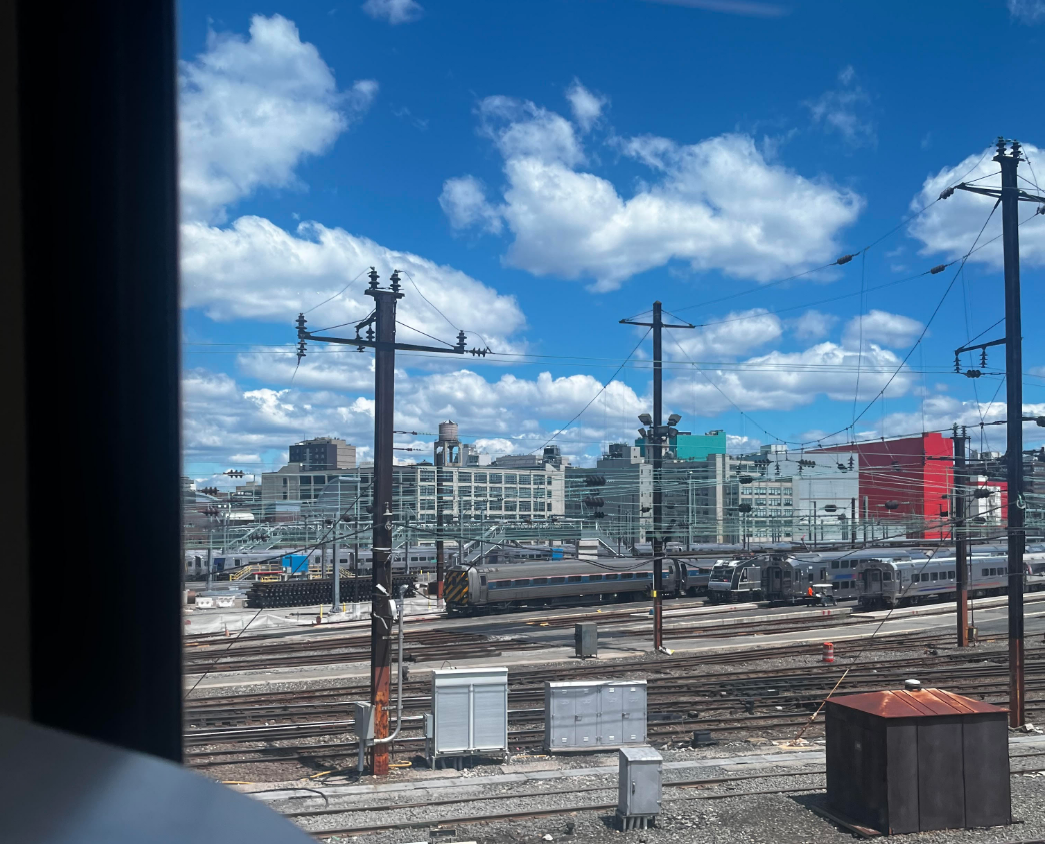
TABLE OF CONTENTS

🎵 Song of the Month
📃 A Summary of Recent Weeks
"In Internet aesthetics, liminal spaces are empty or abandoned places that appear eerie, forlorn, and often surreal. Liminal spaces are commonly places of transition, pertaining to the concept of liminality." - Wikipedia
The thumbnail for this post is the little industrial patch between NYC and Queens suburbia. I pass through it on the Long Island Railroad and always catch myself feeling like I'm floating between two worlds, ready to plunge into a new possibility but still suspended in waiting. This is liminal space.
Transition. Change. A zeitgeist of unexpected things ahead, a flurry of excitement, anxiety, and moves towards closure. That is how I can best describe my last months at my competitive magnet high school that has slowly become a home. This commute of mine is just one example of the transition phase.
It's quite easy to become stuck in liminal space. However, it is these times that test us the most! If we turn to civilization, the wisdom of humanity's past, we repeatedly see periods of change determine the success of a society. Those with the older technology fell to those with it. Forward-thinkers prevail. Even now, we're seeing innovation flourish amongst the companies who are attempting (and even failing at times) to integrate AI, and it does, to my non-expert eye, seem like these companies are the ones that will survive longer.
In the spirit of change, I've been holding onto my goals, because the ball must continue rolling! Here are some things, academic and personal, that I've been up to. Most are continuities and forms of closure. Other little tasks here and there are to prep me for higher education (man, toddler me would think I'm ANCIENT).
.jpg)
.jpg)
🏛️ Bread and Circuses and YouTube: What Makes Civilizations Thrive?
Civilization as we know it is surpassing the definitions we set just a few decades ago.
What do you think of when I say "civilization"? Is it the Greeks? The Aztecs? Mesopotamia? Perhaps that's the issue. We hardly think of what pillars hold up modern nations and simply assume the strength of a society to be a given. Wherever you're reading this from, you live in a morphing, breathing civilization now (yes, it's alive; many anthropologists refer to society or even the state as a Social Organism). It's worth checking for those pillars, or if there are certain expectations of civilization that are simply outdated. Humanity did not stop at the Renaissance.
I'd like to explore the different definitions we have of what it means to be a society, because the more it's read into, the more it becomes clear that we have literally surpassed limitations that once kept us short-sighted.
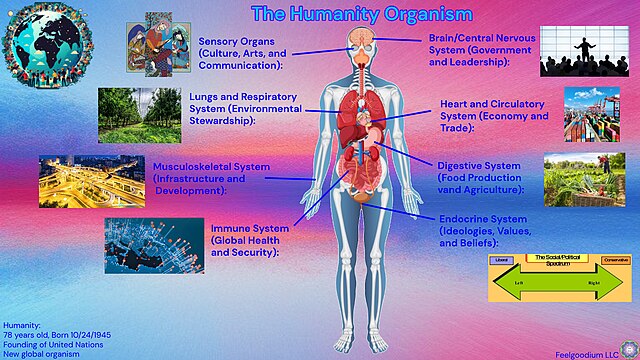
Traditionally, to qualify as a civilization, a society must produce an agricultural surplus and divide its labor, amongst other things. This is not the same as what it needs to truly survive. The discussion to really focus on is what keeps a civilization thriving and progressing after that initial push. A textbook may tell us about 5 things(give or take)a civilization needs to do this:
On one hand, there are some very strong foundations to this list. There must be some level of organization to a society in order for it to run; a new ruler won't have to start from scratch. Writing is crucial to preserving records and mistakes to never repeat. Art implies cultural strength. Religion gave people a drive for progress, basic goodness, and perseverance in more difficult times, not to mention some social cohesion through religious communities.
On the other hand... this definition seems outdated the second we read that first sentence: agricultural surplus.
For the first time in history overweightness is a larger issue than hunger. By the grace of technological progress we have food to sustain many people! There is a lower risk of entire nations falling apart over some long-term famine. These five necessities are derived from the most prolific early civilizations, like those of Mesopotamia and the Aztecs, but perhaps it's time for a reconsidering of what gets us ticking now (I may refer to the Western disillusionment with religion).
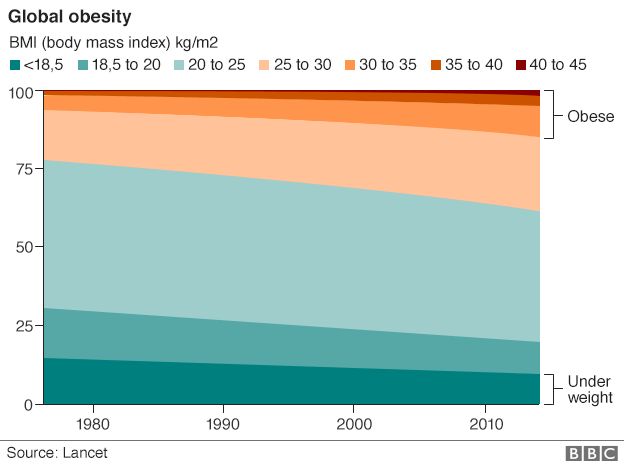
We are no longer fighting to survive and instead are at a point of trying to maximize humanity's greatness, which changes what we depend on as opposed to before. In other words, the question is no longer whether we will survive, but how we will choose to live.
Yuval Noah Harari exemplifies this quite well in his book Homo Deus:
"True, there are still notable failures; but when faced with such failures we no longer shrug our shoulders and say, 'Well, that's the way things work in our imperfect world' or 'God's will be done'. Rather, when famine, plague, or war break out of our control, we feel that somebody must have screwed up, we set up a commission of inquiry, and promise ourselves that next time we'll do better. And it actually works."
So we must, like Harari has, explore a new model of human living. This is scary. We don't want to think about a future run by AI, borderless virtual-society, or immortality drugs. I reckon that we should at least entertain the idea and realize that everything we know about classic civilization may be less applicable, giving way to an exciting new horizon of sociology, anthropology, and geopolitics.
So, there have since been alterations to these five characteristics to better explain the success of more modern societies. An article by Time magazine, for example, views the status of current civilization to be limited by natural resources rather than ideology:
Feels relevant, yeah? However, this perspective alone discounts the importance of interpersonal unity and likely wasn't intended to be used as a socio-anthropological argument for civilization's success anyway.
So instead of religion or materials, let's consider that a society has resources in abundance (or the chance to import them with relative ease) and whittle down to a word my geopolitics teacher (who introduced me to this very debate!) used: origin story.
The origin story helps to explain the unifying force between citizens in spite of other differences (e.g., ethnic homogeneity, generation gaps, religious decline....). We can take the United States for example. Whether one is Christian or Muslim or agnostic, if you live in the United States, chances are that you identify with the value of freedom. That is our origin story, after all! We were not descended from wolves but from great thinkers who stood up against tyranny. That story keeps us having vital discussions of liberty today while also connecting us to each other. It gives us a common purpose and, frankly, a common pride. Whether it was Romulus and Remus, raised on the milk of wolves, creating Rome, or rising from the center of the Earth, a shared origin seems to bring strength to people well after the aging of their society.
If you're interested at all, here's a nice playlist I found of some prolific origin stories.
But once again the origin story alone, while powerful, must work in tandem with more tangible forces. Even the American Dream had to adapt.
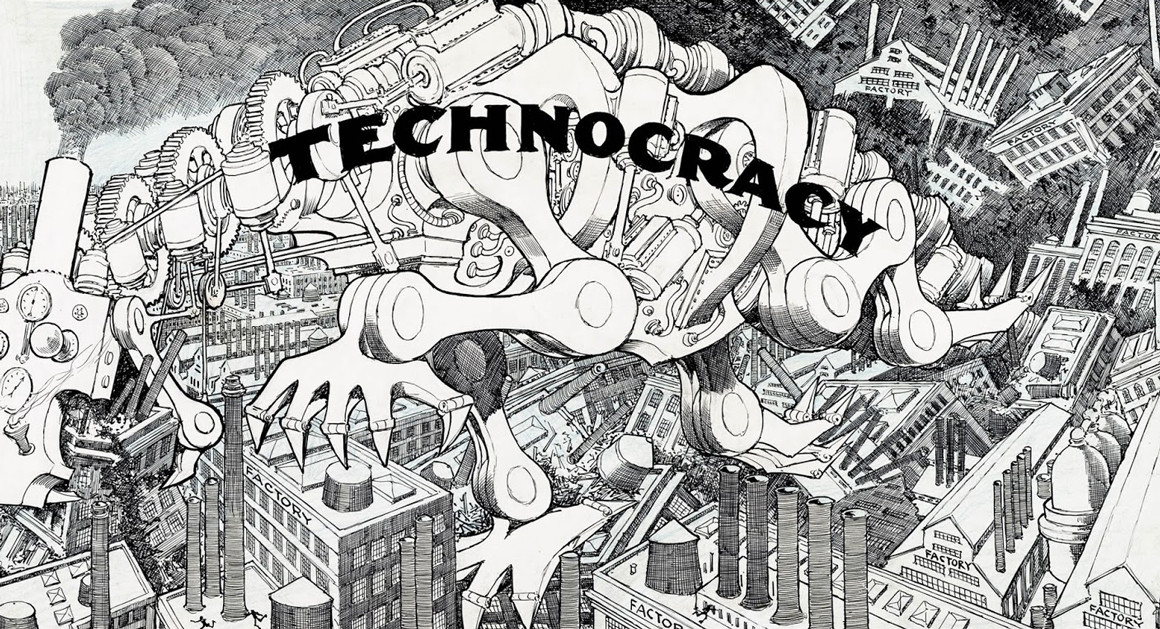
Also, the Internet might pose a new platform that must be accounted for. Power is slowly shifting to those online and the companies that run major service providers. With this "technocratic" focus we are giving way to a second society that persists above physical barriers. This is a new dimension of civilization to consider. You don't have to be anywhere near someone to join the same communities. I can't explain it much better thanthis Kursgesagt video, which points out that while the Internet seems incredibly disconnected, that it may just become a series of online communities through social sorting. In other words, there is now a virtual "glue" to bring people from all over together.
I'm no anthropologist. I don't claim to know exactly what keeps this magnificent world of ours running, let alone what drives so many people to get up every day and partake in their society. What I do know is that things are becoming increasingly complicated.
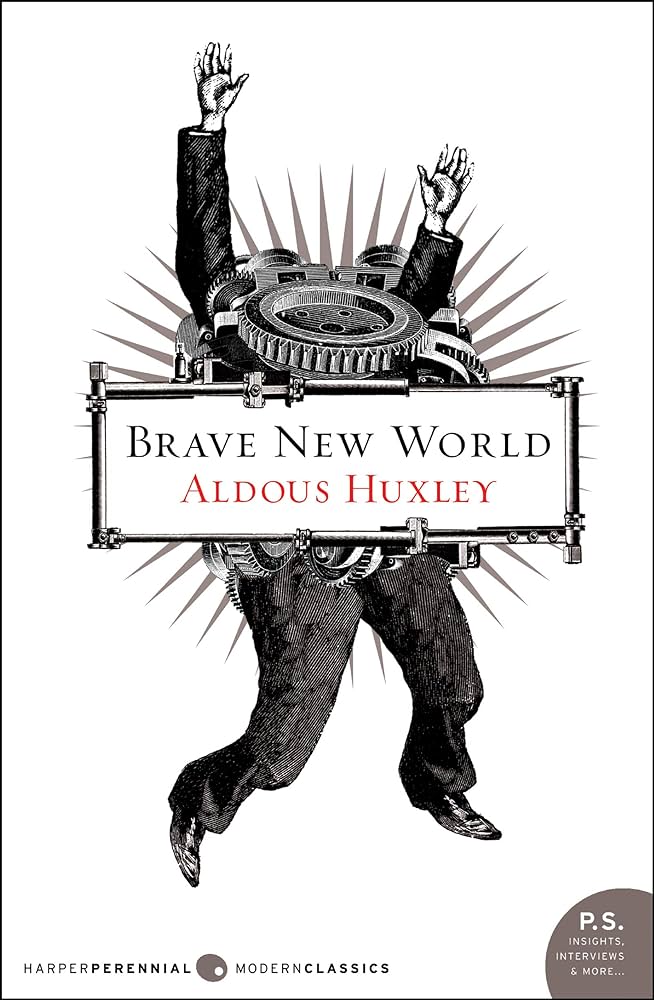
We may be headed for a large turning point as many things we took to be true are no longer true. Contrary to the post-Cold War thinking, recent years have taught us that physical war still exists. We've discovered how to communicate and organize entire communities in a non-physical realm and then apply those ideals to real life, for better or for worse. And slowly but surely, the limits of civilization are always expanding outward. I'd encourage anyone to start thinking hard about what that means.
I apologize if this was anticlimactic. Again, I don't have the answers, but I do hope that presenting some non-traditional views of civilization was food for thought.
Do you disagree with these new notions? Let me know what you think. Maybe even start your own blog. These are the tools our new techno-civilization has offered us, after all.
⚡Three Things that Improved my Life Recently (Maybe They'll Help You)!
How you spend your days is how you spend your life.
No, this is not going to be like one of those self-help books. It feels as though they tell us the obvious, you know? Sleep eight hours, plan your day, think in the long-term... the issue often isn't that people don't know these things, but that it's quite difficult to stick to them!
I used to feel that I couldn't achieve "greatness" if I couldn't follow the schedules of entrepreneurial finance bros. But that's not right. I want to do things I enjoy! I want to learn! I want to make an impact! That drive already makes one great, so if you're here with some ambition in life and the open-mindedness to make your life better, then I salute you and urge you to not give into toxic mentalities. Get better because you respect yourself, not because you hate yourself. In my experience that's made it all that much easier to change.
Rant over. Anyway. Here are some things I did recently that honestly made my life a lot better as an incoming college student with big dreams.
I do art often and so my supplies stay on my desk rather than in a box. I keep mementos on the wall for motivation even though putting them away would look "cleaner." I like to see my options all laid out in front of me before deciding in the morning, so instead of putting my most used clothes in a drawer that will inevitably become disheveled in hasty searches for the pants I need, I opt for an extra hamper just for those clothes.
This makes me ten times more efficient when getting ready in the morning or even just starting up a project in my room than if everything were tucked away in a Pinterest-like organizational system. Choose the physical setups that fit with the way your brain works (so long as you keep them clean)!
2. Consciously lower your social media time.
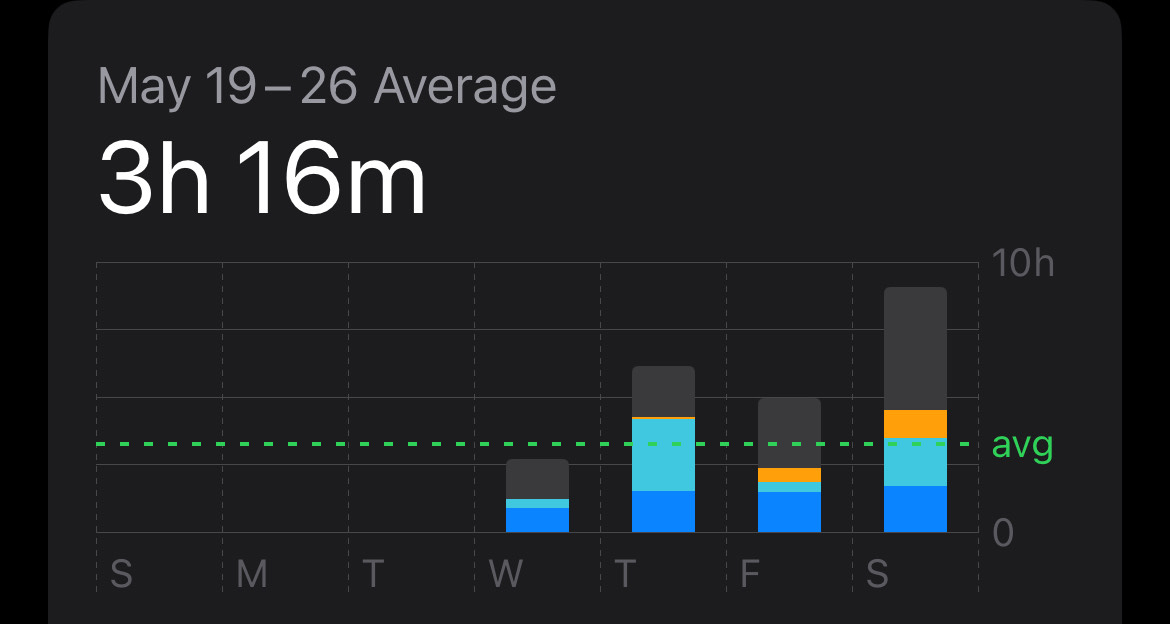
For me, that meant deleting apps entirely and limiting myself to only checking them on PC for very specific reasons. It worried me that just one day without Instagram felt so strange as there's hardly any high-value content on that app anyway!
You don't need socials as much as you think you do. Call people. Meet up with them. Build fulfilling interactions and start living in the physical world. Now, even after reinstalling the apps, I hardly have the urge to check them as often as I once did. My free time is my own again!
3. Listen to others often and receive their help with your goals.
Whatever your goal is (and if you don't know, then perhaps consider where you want your life to be in a few months/years from now), there is someone who has done it successfully or is working on it more efficiently than you. They are not competition! They are not out of reach! Talk to them! We are more connected than ever thanks to the internet. Use that to your advantage, and even better, make some lasting friendships out of it.
I think most people, particularly young women and those who are the first in their families to try and be successful in this country, feel as though they have to work their way up alone. In reality, though, even "self-made" billionaires and satisfied career-people enlisted the support of a network, the ideas of others with varying perspectives, and the mentorship of someone who did it before them.
So while I'm still figuring many things out, these are some habits I think I'll be keeping along the way. To a satisfying life!
✨ Thank you again for reading! If you'd like to be notified the next time I update, feel free to fill out the form below :) Please note that this will be a manually updated mailing list as Webflow does not currently have the exact capabilities needed to create an automated newsletter, so you may see your confirmation email up to 1 full day after signing up.